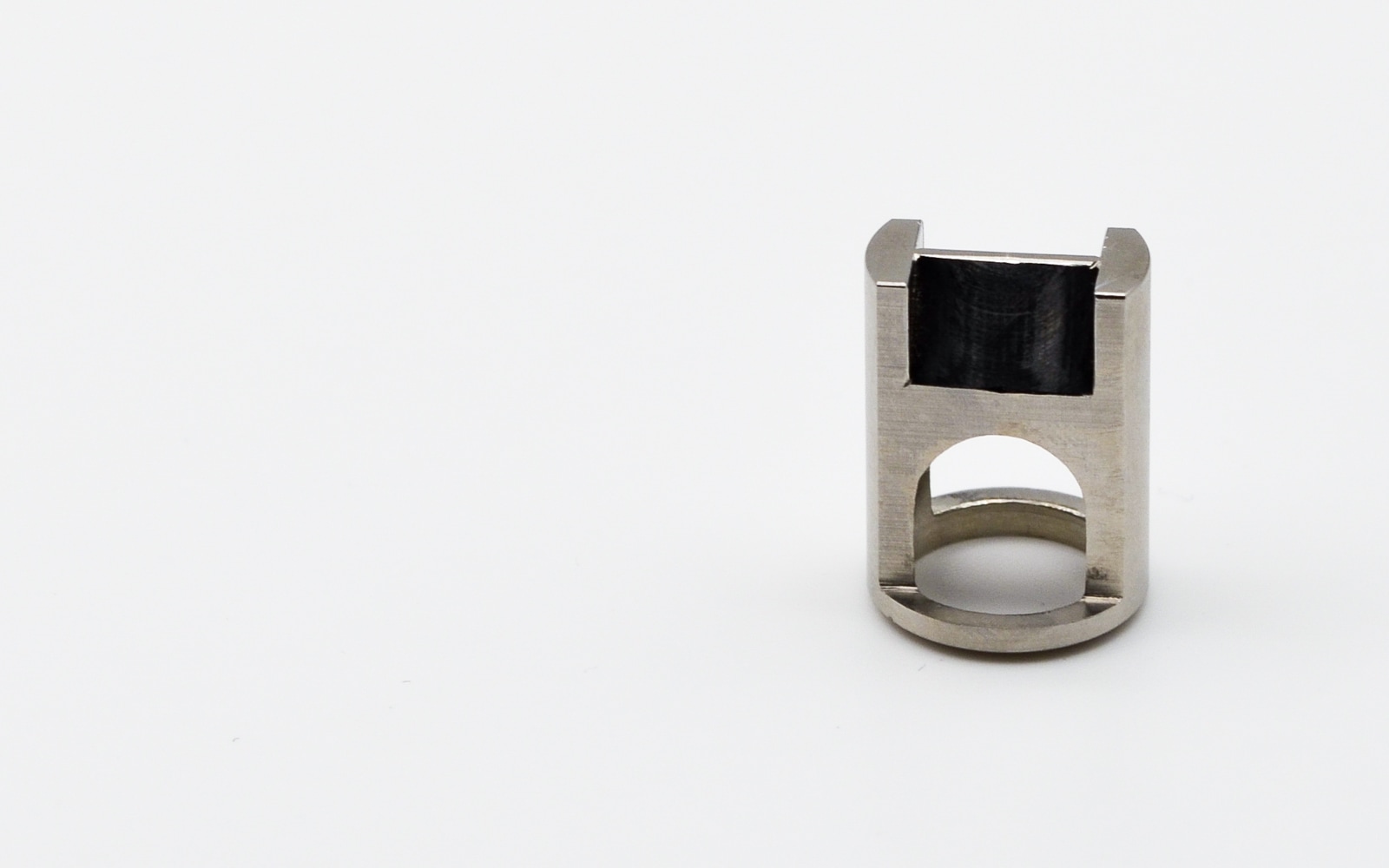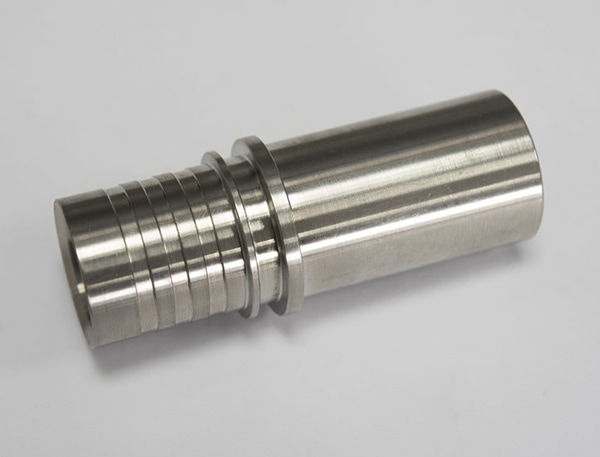TORLOPP GMBH
Glossary CNC turning
CNC turning is a machining production process for processing metal and plastic using a CNC lathe.
CNC is the abbreviation for “Computerized Numeric Control” and refers to the fact that CNC lathes are computer-controlled and can therefore automatically produce complex turned parts with high precision.
CNC turning for machining workpieces
CNC turning enables the production of workpieces by shaping a rotating blank using a tool. The workpiece is clamped in a CNC lathe and brought into the desired shape by the tool. CNC turning is a very precise process that is used for the production of complex workpieces in many industries.
A CNC lathe consists of a spindle, a turret and a control unit. The spindle is the heart of the machine and rotates the workpiece. The turret is equipped with various tools that can be used as required. The control system provides automated control of the machine and is capable of carrying out complex movements and tool changes.
During turning, the workpiece (also called semi-finished product) rotates while the tool firmly clamped in the tool slide is pressed against the workpiece, lifting off a chip and thus removing material. This process, which is also known from the carpenter’s lathe, for example, produces rotationally symmetrical workpieces.
Modern CNC lathes also have driven tools that enable much more complex machining operations. Turning and milling are combined in one machine. This means that holes, internal threads, external threads, grooves, slots and flats can be produced in a single operation.
To achieve optimum quality in CNC turning, various parameters must be taken into account. One of the most important is the cutting speed, which is controlled by the speed of the lathe. Although a high cutting speed minimizes production time, it leads to quality defects in the finished turned part, unsightly surfaces and increased tool wear. A sensible cutting speed is therefore always a compromise, whereby the respective material also makes important specifications.
The feed rate determines how many millimeters per revolution the tool works its way into the workpiece. The feed rate is set as high as possible, whereby there are various limits, similar to the cutting speed. In addition to the points that are already relevant for the cutting speed, this also includes the bending of the workpiece if the forces acting on it are too great.
These two examples alone show that quality in CNC turning can be controlled within wide limits and that high quality can hardly go hand in hand with the absolute lowest prices.
High-quality CNC turning requires experience, especially when it comes to machining special materials – including turned parts made of titanium, Hastelloy, Kuprodur, stainless steel or other materials.
It’s all about CNC turning
CNC turning offers many advantages over manual turning processes. On the one hand, CNC turning is very precise and enables the production of complex workpieces with tight tolerances. On the other hand, CNC turning is very efficient and can also be used for series production. As the machine is automated, no human intervention is required, which leads to higher productivity and quality.
CNC turning is used in many industries, such as the aerospace industry, the automotive industry, medical technology and the electronics industry. Complex workpieces such as gear wheels, valves, pumps and engine parts are manufactured there. The production of prototypes and individual parts is also possible with CNC turning.
CNC technology is constantly changing and being further developed. Modern CNC lathes are capable of turning complex shapes and profiles and can handle many different materials, such as aluminum, stainless steel, nickel-based materials, titanium, plastics and composites. The integration of robots into CNC lathes is also being used more and more frequently to further automate the production process.
CNC turning is an important part of modern production technology and will continue to play an important role in the future. The development of ever more powerful CNC lathes and the integration of new technologies will help to make CNC turning even more efficient and precise, thus further facilitating the production of complex workpieces.
Our expertise, your advantage
Do you have any questions? We provide competent and comprehensive advice. Take us at our word:
Industrial technology advice: +49 (0)48 21 – 89 79-0
Measurement technology advice: +49 (0)48 21 – 89 79-79
You can also send us an e-mail – info@torlopp-gmbh.de – or use the contact form.



